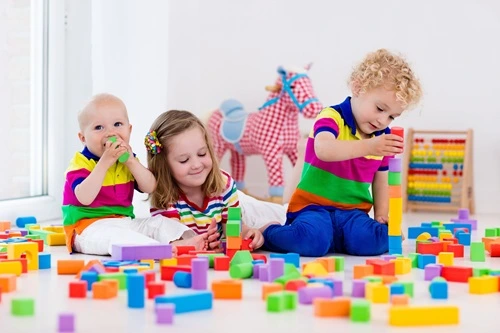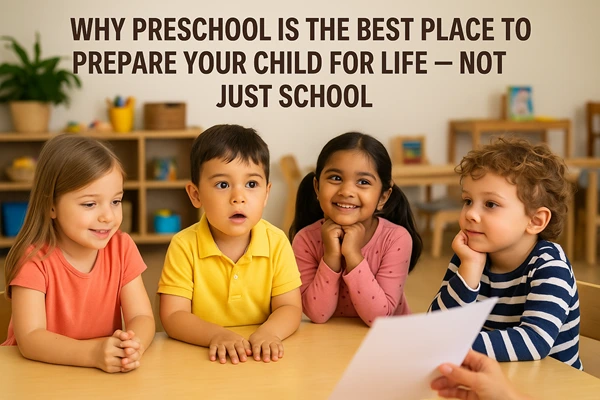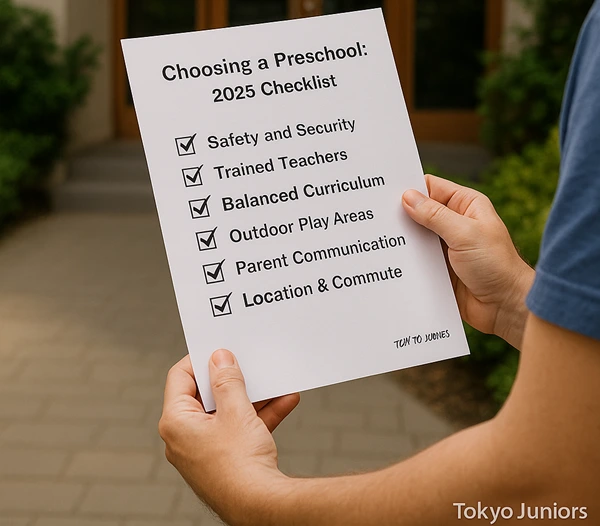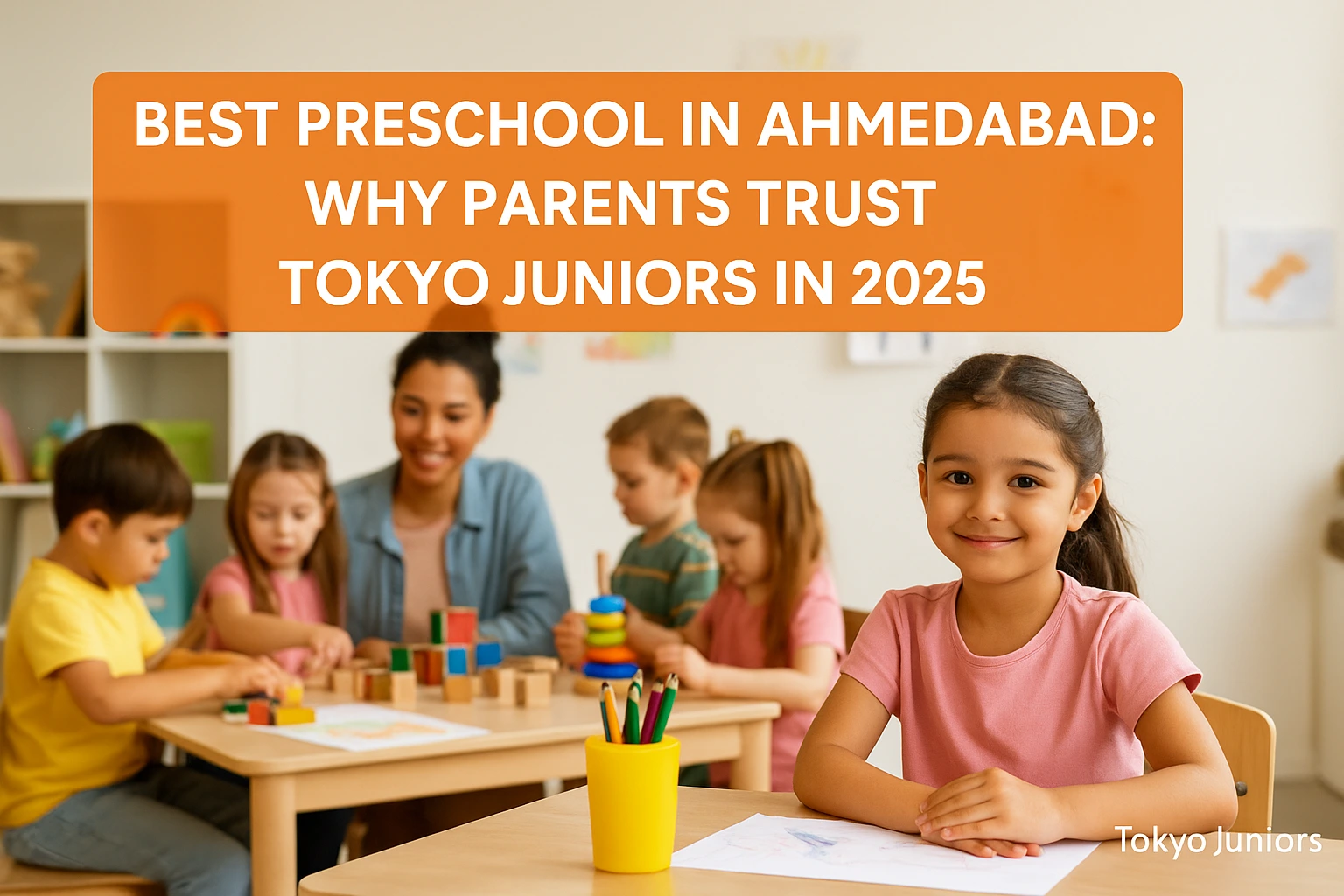Play is more than just fun — it’s how young children learn about the world, build relationships, and develop critical life skills. Creative play, in particular, is essential in the preschool years.
1. Role-Playing and Dress-Up
Encouraging pretend play helps children build imagination, empathy, and language skills. Set up a small corner with hats, clothes, and props where children can act out roles like doctor, teacher, or shopkeeper.
2. Art and Craft Sessions
Simple activities like drawing, finger painting, and paper cutting improve fine motor skills, hand-eye coordination, and creativity. Let kids explore different textures and colors freely.
3. Building Blocks and Puzzles
Toys like LEGO®, wooden blocks, and age-appropriate puzzles enhance problem-solving, logical thinking, and spatial awareness. They also teach patience and perseverance.
4. Music and Movement
Dancing, clapping, and singing help develop rhythm, coordination, and auditory processing. Songs with actions or rhymes are especially effective for language development.
5. Sensory Play
Activities like playing with sand, water, or playdough stimulate a child’s senses and help them understand textures, temperatures, and shapes. These are excellent for calming anxious energy too.
6. Nature-Based Play
Collecting leaves, planting seeds, or simply playing in the mud teaches kids about nature, seasons, and care for the environment. It also supports physical activity and Vitamin D exposure.
Why It Matters
Creative play fosters curiosity, emotional expression, and confidence. By providing a rich variety of playful experiences, we give children the tools to grow into independent, well-rounded individuals.



